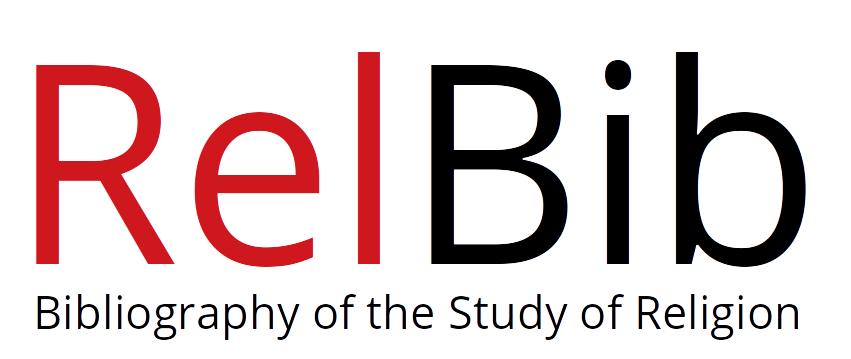
  |
|||
|
IJRR ::
2005 Volume 1 :: Article
7

|
Login
Registered users login below:
  Published Volumes
Select volumes below to browse:
2026 Volume 22
2025 Volume 21 2024 Volume 20 2023 Volume 19 2022 Volume 18 2021 Volume 17 2020 Volume 16 2019 Volume 15 2018 Volume 14 2017 Volume 13 2016 Volume 12 2015 Volume 11 2014 Volume 10 2013 Volume 9 2012 Volume 8 2011 Volume 7 2010 Volume 6 2009 Volume 5 2008 Volume 4 2007 Volume 3 2006 Volume 2 2005 Volume 1  IJRR is fully indexed at:  IJRR - A Free Site
The Interdisciplinary Journal of Research on Religion is a free site. To access published articles, you will need to be a registered user of IJRR - registration is easy and free!  |
||
 |
 |
||
Copyright © Interdisciplinary Journal of Research on Religion. All Rights Reserved. Interdisciplinary Journal of Research on Religion ISSN 1556-3723. AWS. |
|||


